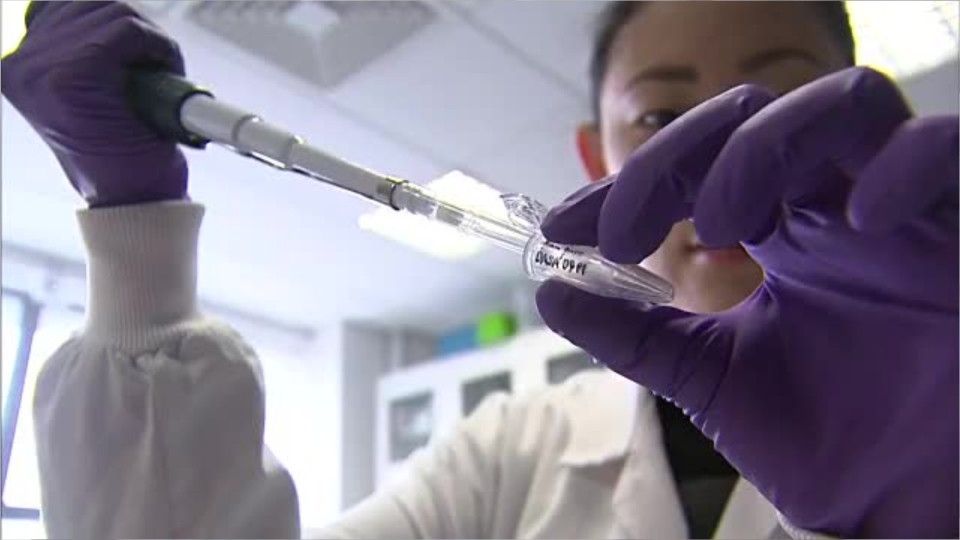Chemists
Analytical Chemist, Chemist, Research Chemist, Scientist
 Select a military branch to see samples.
Select a military branch to see samples.
Biomedical Laboratory; Biomedical Laboratory, Environmental and Industrial Hygiene Chemistry; Chemist/Nuclear Chemist; Chemist/Nuclear Chemist, Bomber; Chemist/Nuclear Chemist, C2ISREW; Chemist/Nuclear Chemist, General; Chemist/Nuclear Chemist, Helicopter or EWO; Chemist/Nuclear Chemist, Nuclear; Chemist/Nuclear Chemist, Special Operations; Chemist/Nuclear Chemist, Tanker
No similar titles were found.
No similar titles were found.
No similar titles were found.
Chemist; Weapons Technical Officer
Biomedical Laboratory; Biomedical Laboratory, Environmental and Industrial Hygiene Chemistry
What they do:
Conduct qualitative and quantitative chemical analyses or experiments in laboratories for quality or process control or to develop new products or knowledge.
On the job, you would:
- Develop, improve, or customize products, equipment, formulas, processes, or analytical methods.
- Analyze organic or inorganic compounds to determine chemical or physical properties, composition, structure, relationships, or reactions, using chromatography, spectroscopy, or spectrophotometry techniques.
- Induce changes in composition of substances by introducing heat, light, energy, or chemical catalysts for quantitative or qualitative analysis.
Knowledge
Math and Science
- chemistry
- arithmetic, algebra, geometry, calculus, or statistics
Arts and Humanities
- English language
Manufactured or Agricultural Goods
- manufacture and distribution of products
Business
- management
Skills
Basic Skills
- using scientific rules and strategies to solve problems
- reading work related information
Problem Solving
- noticing a problem and figuring out the best way to solve it
People and Technology Systems
- thinking about the pros and cons of different options and picking the best one
- figuring out how a system should work and how changes in the future will affect it
Abilities
Verbal
- communicate by speaking
- communicate by writing
Math
- choose the right type of math to solve a problem
- add, subtract, multiply, or divide
Ideas and Logic
- make general rules or come up with answers from lots of detailed information
- use rules to solve problems
Visual Understanding
- see hidden patterns
Personality
People interested in this work like activities that include ideas, thinking, and figuring things out.
They do well at jobs that need:
- Innovation
- Achievement Orientation
- Intellectual Curiosity
- Cautiousness
- Integrity
- Attention to Detail
Technology
You might use software like this on the job:
Data base user interface and query software
- Microsoft Access
- Structured query language SQL
Presentation software
- Apple iWork Keynote
- Microsoft PowerPoint
Analytical or scientific software
- Minitab
- Waters Empower Chromatography Data Software
Education
Education: (rated 4 of 5)
bachelor's degree or
doctoral degree
usually needed
doctoral degree
usually needed
Job Outlook
Bright
New job opportunities are very likely in the future.
Explore More
- Biochemists & Biophysicists
- Chemical Engineers
- Materials Scientists
- Medical & Clinical Laboratory Technologists
- Microbiologists
You might like a career in one of these industries:
See more details at O*NET OnLine about Chemists.






